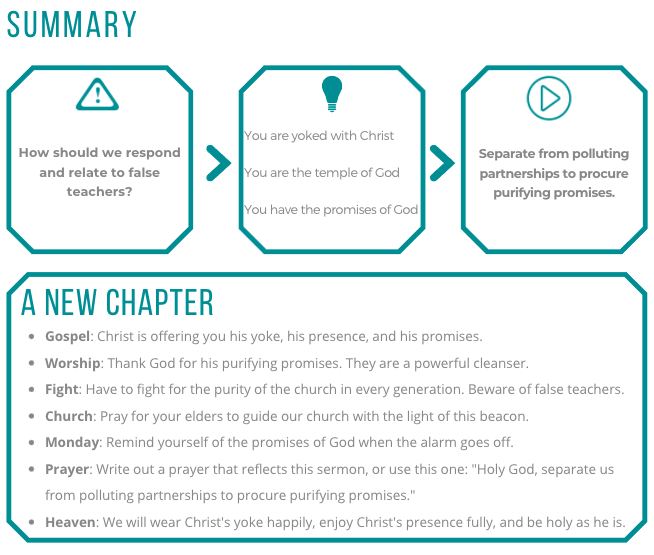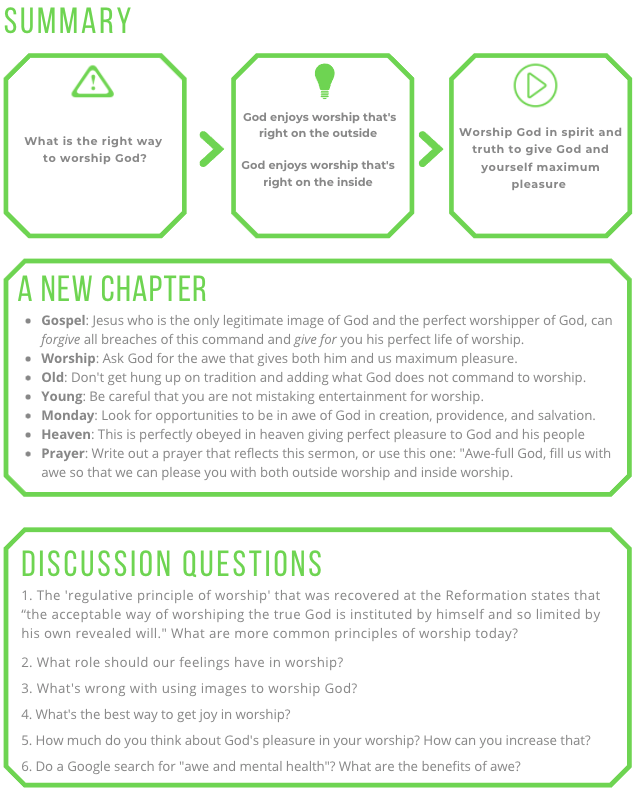
INTRODUCTION
On Tuesday evening, our elders briefly discussed the theological, moral, and spiritual challenges that the CRC is facing. We received a summary of the Report on Human Sexuality that will be discussed at the upcoming Synod and discussed which delegates were going from our Classis.
We also heard reports from some elders who have been following the information that’s coming from The Abide Project, a group of conservative pastors, elders and members in the CRC whose mission statement is: For the sake of the true Gospel, the faithfulness of Christ’s Church, the glory of God, and the good of His people, we strive for the Christian Reformed Church to uphold the historic, beautiful, Biblical understanding of human sexuality in doctrine, discipleship, and discipline.
Earlier that day I had read about Jubilee CRC in St Catharines Ontario that baptized the child of a same-sex married couple. This on top of many worrying developments locally, including Neland Avenue CRC ordaining a lesbian deacon living in a same-sex marriage.
We are having ongoing discussions about how to keep our members updated and informed about these developments without it dominating church life. In fact, I believe this is the first time I’ve referenced this conflict in over two years of preaching here. I don’t do it with any enthusiasm, but only as required by Scripture.
I don’t believe it’s a coincidence that the morning after our elders’ meeting I started preparation of a sermon on this passage. I’d never preached from it before and was expecting to preach a message about God’s prohibition on believers marrying unbelievers. However, the more I studied it in its context, the more it became clear that it wasn’t talking primarily about this, but about joining in religious unity with false teachers. The Bible certainly does explicitly prohibit such marriages and does so implicitly here too, but it’s primary message is about believers in the truth having no religious, spiritual, or moral connection with false teachers. Paul is answering the question: How should we respond and relate to false teachers?

BACKGROUND
Paul was in a conflict with spiritual enemies in Corinth who were seducing the Corinthians away from Paul and turning them against Paul. He practiced vulnerability by emotional and reasonable pleading with them to be reconciled not only to himself but to God (2 Cor. 5:11-21). Knowing that his enemies would despise this exposure of his heart, he doubles down on his vulnerability in 6:3-13. However, having bared his heart to fellow believers and called them to open their hearts to him, he stirs up their hearts to courageously take steps to separate from the false teachers, giving them multiple motivations to do so.
Why should we separate from false teachers?
1. YOU ARE YOKED WITH CHRIST (14-16)

The Command
Do not be unequally yoked with unbelievers (14).
The Old Testament forbad the Israelites from yoking two different kinds of animal together (Deut. 22:10). The reasoning was that two animals of two different natures would do more harm than good. A mule and a mouse are not going to plow straight rows. God then uses that illustration later to forbid believers from uniting with non-Christians in spiritual work. In this context, it’s the false teachers Paul has in mind.
The Reason
Rhetorical questions contain the answer in them. They are asked in such a way that the answer is obvious. They are posed to make a point, to make even the question look ridiculous and unnecessary. Wow, who knew? What’s not to like? Paul’s questions here are posed to make the question unnecessary, even ridiculous.
For what partnership has righteousness with lawlessness? (14). A ‘partnership’ is two or more people coming together in a common effort with common goals. That’s not this. Righteousness and lawlessness are polar opposites pulling in completely different directions. These are not partners but opponents.
What fellowship has light with darkness? (14). ‘Fellowship’ is communion, living together in harmony. Darkness and light cannot do that. The one pushes out the other. They’re not friends but enemies.
What accord has Christ with Belial? (15). An ‘accord’ is a contract. ‘Belial’ means ‘worthless; and wicked and is a name applied to Satan. Would the worthy Christ sign a contract with the worthless devil?
What portion does a believer share with an unbeliever? (15). ‘Portion’ is ‘inheritance.’ Is God going to give the same heavenly inheritance to the faithful and the faithless?
What agreement has the temple of God with idols? (16). A modern form of this question might be: What agreement has Michigan with Michigan State? Republicans with Democrats? Capitalists with Socialists? There is no overlap, no areas of even slight unity. These are two spheres that cannot live together.
CHANGING OUR STORIES WITH GOD’S STORY
What side are you on? There are only two possibilities. One is righteousness, light, Christ, faith and the presence of God. The other is lawless, dark, Satanic, faithless, and full of idols. These are two societies, two realms, two spheres, two teams, two sides that could not be more utterly different, distinct, incongruous, and incompatible. They cannot be bound together in a religious partnership. They have nothing in common, no fellowship, no harmony, no commonality and no agreement. Who is on the Lord’s side? (Ex. 32:26).
THERE ARE TWO SIDES
YOU HAVE ONE CHOICE
Any other reasons to separate from unbelievers?
2. YOU ARE THE TEMPLE OF GOD (16-17)

The Reason
For we are the temple of the living God; as God said, “I will make my dwelling among them and walk among them, and I will be their God, and they shall be my people” (16).
In the Old Testament, God promised: I will make my dwelling among you, and my soul shall not abhor you. And I will walk among you and will be your God, and you shall be my people. (Leviticus 26:11-12). This was partly fulfilled in the Old Testament Tabernacle and Temple, but ultimately fulfilled in Christ and in Christians. In the New Testament, God’s people are God’s Temple. He dwells in our bodies and souls, and walks among us as he did in the Old Testament Temple. He is promising a rich and satisfying daily relationship within.
The Command
Therefore go out from their midst, and be separate from them, says the Lord, and touch no unclean thing (17).
Paul does not forbid all contact with unbelievers (1 Cor. 5:9-13). It’s fellowship and association those who propagate false doctrine, ethics, and lifestyles. “Go out” assumes that unsuccessful efforts have been made to “put out” via church discipline. But if they can’t put out, they need to get out. It doesn’t matter how popular, gifted, or friendly the false teachers are. And if they do, God’s special presence will be with them as he promised (Isa. 52:11-12).
CHANGING OUR STORIES WITH GOD’S STORY
Do we want God’s holy presence in the church? Then we must separate from people’s unholy presence in the church. John MacArthur wrote that “for believers to be linked to unbelievers in any kind of spiritual enterprise is irrational, sacrilegious, disobedient, unprofitable, and ungrateful.”
GOD LIVES WITH US IF
WE DO NOT LIVE WITH SIN
What can help me do this better and faster?
3. YOU HAVE THE PROMISES OF GOD (6:17-7:1)

The Reason
Then I will welcome you, and I will be a father to you, and you shall be sons and daughters to me, says the Lord Almighty (17-18).
These words were originally spoken to Israel in exile about God’s promise to restore them to the Promised Land again when they repented of their sins (Ezek. 20:41). God is therefore promising the church a return from foreign exile and back to his favor and family in the deepest sense.
This is another massive reason to obey God’s commands. God will welcome us deeper into his covenant love. It’s not obey in order to enter my family. It’s obey to enjoy my family.
It can be painful to cut ourselves off from people and places that have meant a lot to us. But our failure to do so may cut us off from even greater unimaginable blessings.
The Command
Since we have these promises, beloved, let us cleanse ourselves from every defilement of body and spirit, bringing holiness to completion in the fear of God (7:1).
They had the promises of God’s indwelling, God’s favor, and God’s fatherhood. Five times God said to them “I will.” But clearly the enjoyment of these promises was conditional on continual cleansing from unholy alliances (that’s the meaning of ‘defilement’ here).
Having God’s promises does not mean letting down our guard, but going to war with sin. Having promises is the first step to purity, the second step to purity, the third, fourth, and every single one afterwards, until our holiness is brought to perfection. ‘Perfection’ means ‘completeness’ and points us to the ultimate end of our lives when we will be made perfect in holiness, in both body and spirit. That will result in the deepest awe we’ve ever experienced.
CHANGING OUR STORIES WITH GOD’S STORY
“But, I’m holy enough.” Nope. Paul urges us on to further and further separation from sin. No coasting, no slacking, no plateauing.
“I’m too old for this.” I understand this feeling. I’m certainly not so keen a fighter as I once was. But we need to fight for our kids and grand-kids. We need to lead, to step up, to step out, to secure God’s presence, favor, and family for future generations.
PROMISES PROMPT PERFORMANCE
NOT PRESUMPTION


PDF OF SERMON NOTES












